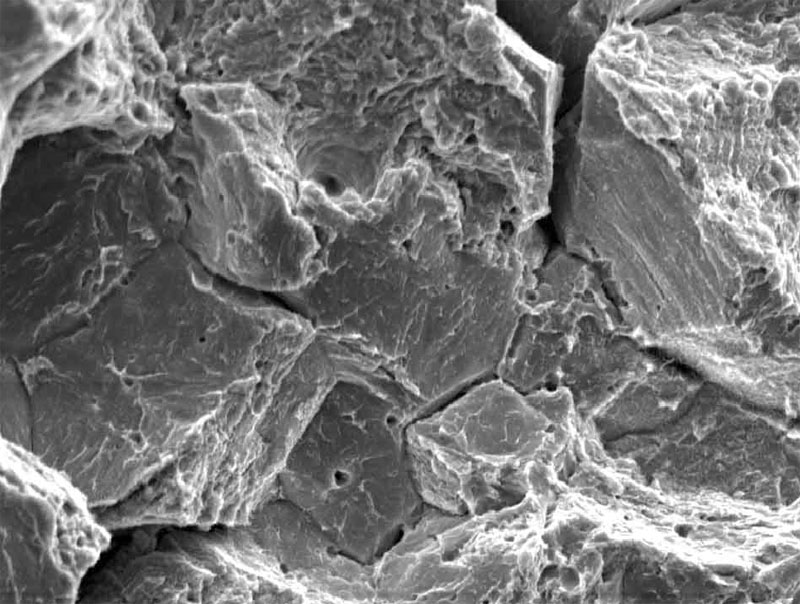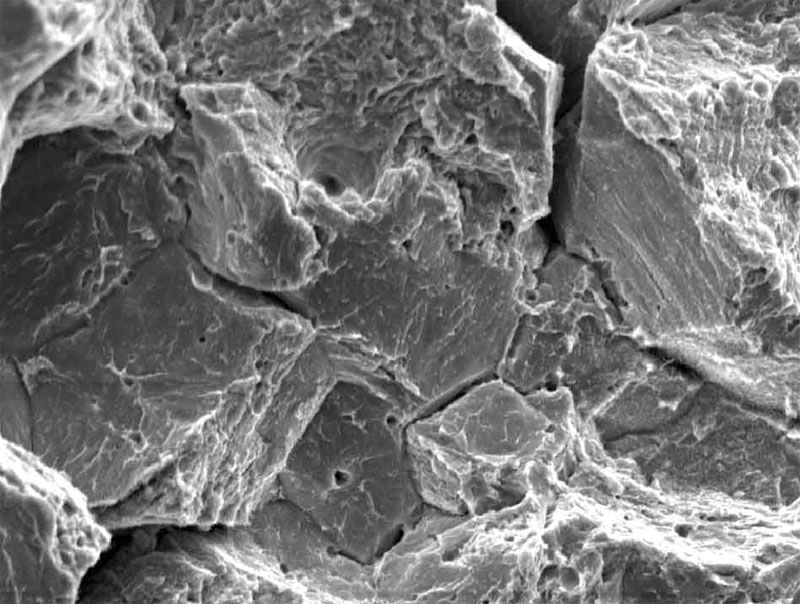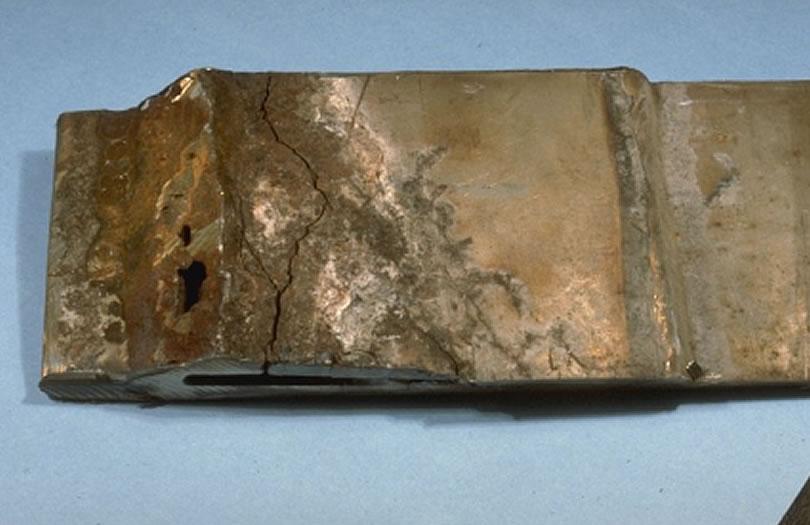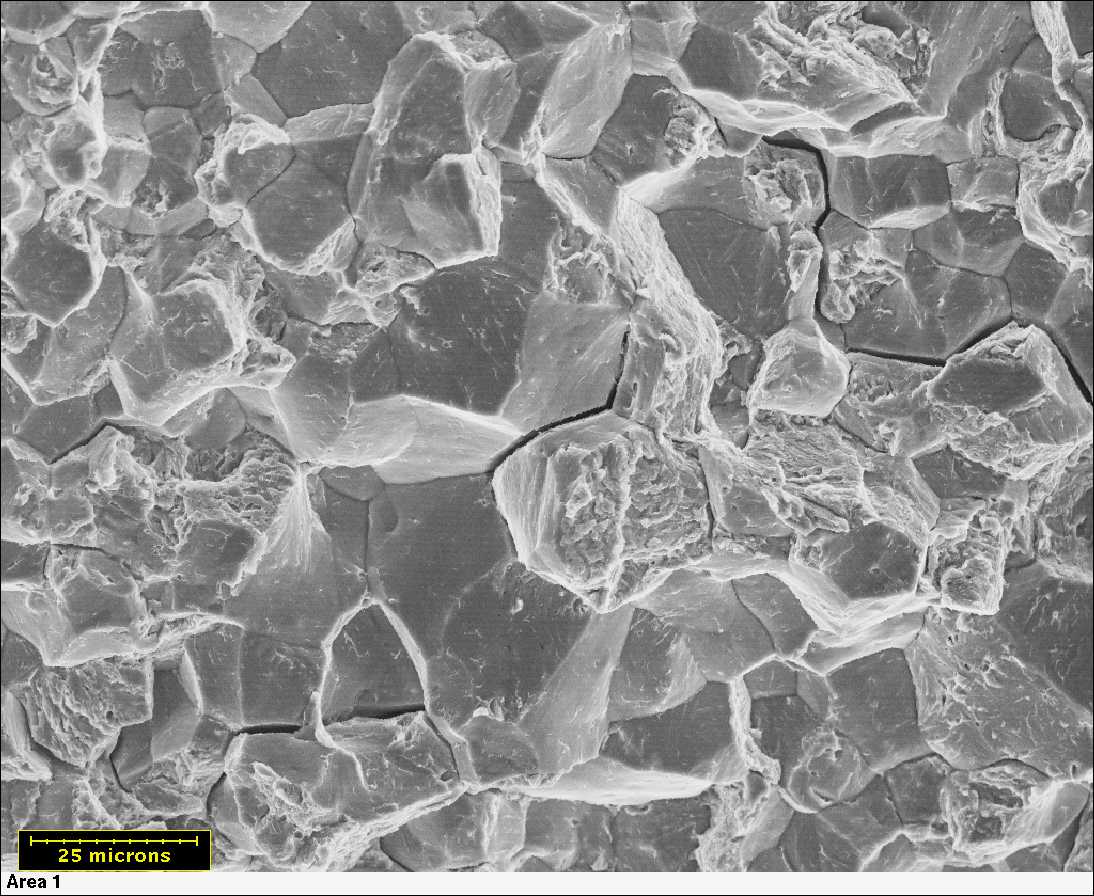What is Hydrogen cracking ?
Hydrogen cracking also known as cold cracking or delayed cracking. The main feature of this type of crack is that it occurs in ferritic weldable steels, and generally occurs immediately on welding or after a short time after welding, but usually within 48hrs. The mechanism starts with lone hydrogen atoms diffusing through the metal.
At high temperatures, the elevated solubility of hydrogen allows hydrogen to diffuse into the metal (or the hydrogen can diffuse in at a low temperature, assisted by a concentration gradient). When these hydrogen atoms re-combine in minuscule voids of the metal matrix to form hydrogen molecules, they create pressure from inside the cavity they are in. This pressure can increase to levels where the metal has reduced ductility and tensile strength up to the point where it cracks open (hydrogen induced cracking, or HIC). High-strength and low-alloy steels, nickel and titanium alloys are most susceptible. Austempered iron is also susceptible.
You might also like
| Do you know Hydrogen Embrittlement ? Hydrogen embrittlement Hydrogen embrittlement... | The Phenomenon of Hydrogen Embrittlement Hydrogen Embrittlement Hydrogen embrittlement... | Do you know the Stress Corrosion Cracking ? Stress Corrosion Cracking Stress corrosion... | Hydrogen Embrittlement Hydrogen Embrittlement - Definition and Meaning When... |




 Alloy Suppliers
Alloy Suppliers
 Aluminum
Aluminum
 Aluminum Extrusions
Aluminum Extrusions
 Copper-Brass-Bronze
Copper-Brass-Bronze
 Nickel
Nickel
 Magnets
Magnets
 Stainless Steel
Stainless Steel
 Stainless Steel Tubing
Stainless Steel Tubing
 Steel Service Centers
Steel Service Centers
 Titanium
Titanium
 Tungsten
Tungsten
 Wire Rope
Wire Rope